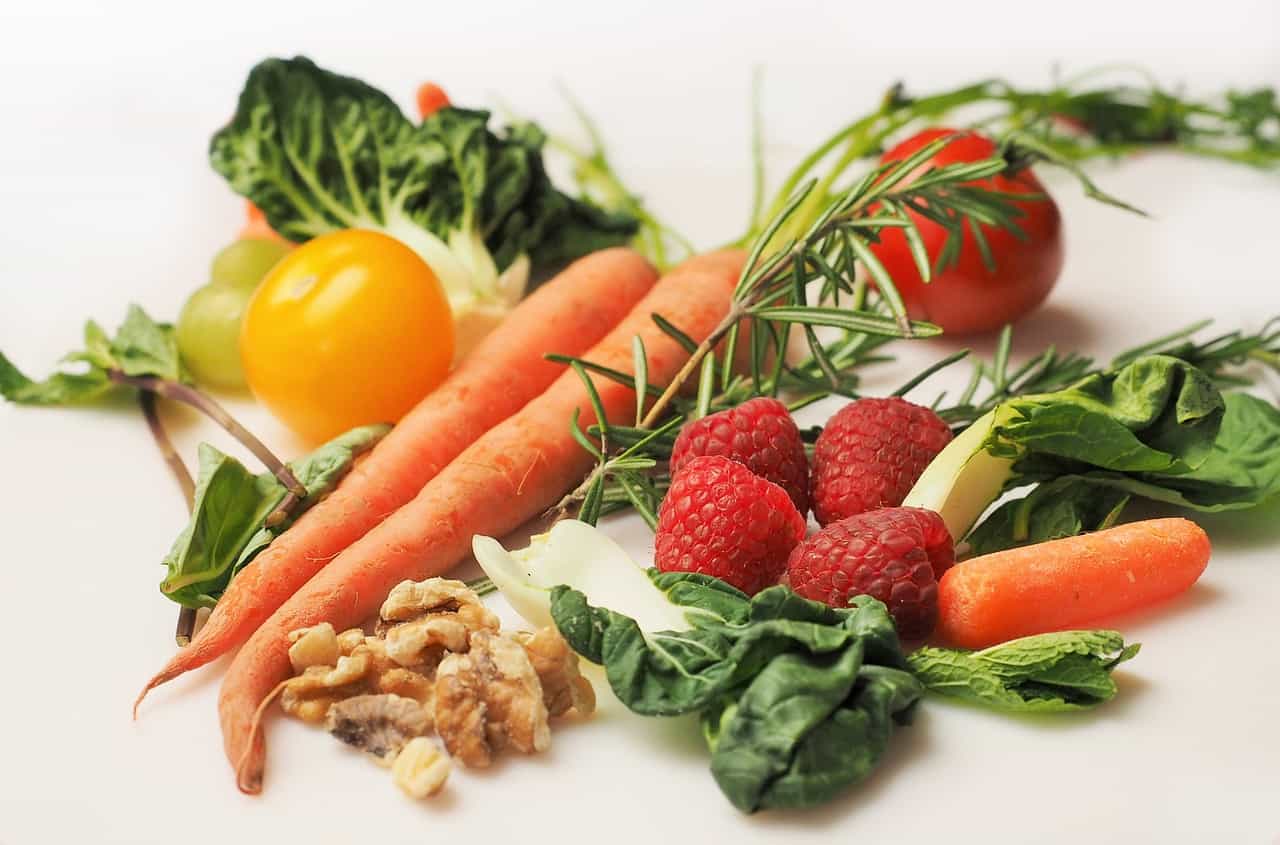Your Diet Is a Key to Keeping Your Gallbladder Healthy and Preventing Gallstones
Your diet has an impact on your gallbladder. Pegasus caregivers in Saugus and elsewhere can help you with beneficial food choices. August 24 of each year is Gallbladder Good Health Day, but eating well is a daily choice.
Your liver produces bile. Bile is a liquid that helps your body digest fats. It also helps your body excrete waste products.
Bile is required only after you eat, but your liver continually produces it. Your gallbladder is a storage pouch. It concentrates and holds the bile until it is needed for digestion.
When you eat, the muscles of the gallbladder squeeze bile into the bile duct. From there the bile travels to the small intestine. The bigger the meal, the more bile is released.
Bile contains several chemical substances, including bile acids and salts. Other components include electrolytes, bilirubin, and soluble cholesterol. The liquid is slightly alkaline.
Gallstone Good Health Is a Matter of Chemical Balance
The chemicals in the bile solution must remain in balance for it to function correctly. If the balance is modified, the cholesterol can crystallize. The crystals stick to the inside of the gallbladder.
The cholesterol crystals can eventually combine and form gallstones. Gallstones can be tiny, like a grain of sand, or large, as big as a golf ball. You may have one gallstone, or you may have many.
As well as crystallized cholesterol, gallstones can form from an excess of bilirubin. Bilirubin is produced by the breakdown of red blood cells and is excreted by the liver. Medical conditions such as cirrhosis of the liver and blood disorders interfere with the excretion of bilirubin.
The majority of individuals with gallstones never know that they have them. There is rarely a problem unless the gallstones travel outside the bladder. A gallstone that’s stuck in a duct results in inflammation, possible infection, and severe pain.
Gallstones Have a Variety of Causes
Some factors that contribute to the formation of gallstones are beyond your control. These include:
- Sex – more women than men are at risk
- Age – individuals 40 or more years old have a higher risk
- Ethnicity – Native Americans and Mexican Americans can develop gallstones more often than others
- Genetics – if gallstones run in your family, you have a higher than average risk of developing them
- Liver disease – a diseased liver can’t maintain the correct chemical balance of bile
- Medications – certain medications increase the risk of gallstones forming
Certain medical conditions, such as diabetes or Crohn’s disease, can put individuals at risk for gallstones.
Many other risk factors are under your control. These include being overweight, not getting enough exercise, and your diet.
A helpful rule of thumb is that a heart-healthy diet is also a gallbladder-healthy diet. That’s back to the standards of a low-fat, low-cholesterol, and high-fiber diet. A healthy diet also helps you lose weight.
Along with other conditions associated with being overweight, those extra pounds cause your body to produce excess cholesterol. Yo-yo weight loss and gain also increase cholesterol production and the risk of gallstones.
Rapid weight loss, fasting and skipping meals also increase your risk of developing gallstones. Try to eat frequently. Eating one meal a day allows bile to sit in your gallbladder and crystallize.
Although you should avoid strenuous exercise immediately after eating, exercise two-three hours after eating strengthens your digestive system. Your blood flow is improved, and your muscles are more efficient.
A healthy diet includes lean meat, vegetables, and fiber. A selection of healthy foods includes, but isn’t limited to:
- Apples
- Avocados
- Beets
- Broccoli
- Brown rice
- Fish
- Ground flaxseed (add a spoonful to salads)
- Lentils and beans
- Oats
- Oranges
Several studies have shown that caffeinated coffee helps the gallbladder do its job. Other caffeinated products don’t have the same effect. Decaf coffee apparently doesn’t benefit the gallbladder.
Bitter greens stimulate the digestive process, including the production and flow of bile. Arugula, dandelion greens, dill, kale, leeks, and parsley are among the common bitter greens. Many of these are easy to include in a healthy salad.
Foods that contribute to the formation of gallstones, as well as weight gain, include:
- Artificial sweeteners
- High fat and fried products
- High-fructose corn syrup
- Processed snacks
- Refined carbohydrates
Avoiding these corresponds with healthy eating in general. Alcohol in moderation doesn’t seem to affect the gallbladder.
Pegasus Home Health Caregivers Know Changing Your Diet Is Difficult
We realize that following a diet is difficult. We all have our favorite foods, and we don’t expect you to give up yours. But your health is a priority for us.
Part of our caregiving services is helping you make good food choices. Our dietitians can create custom food plans that fit you. They’ll consider your:
- Medical conditions
- Medications
- Food preferences
- Lifestyle
- Overall health
Pegasus home health services also include aides that can assist with grocery shopping and meal preparation.
Regardless of the extent of assistance you need, Pegasus home health is here for you. Our professional caregivers in Saugus and our other locations are dedicated to keeping you independent. Helping you maintain your health is an essential part of how we accomplish that.

